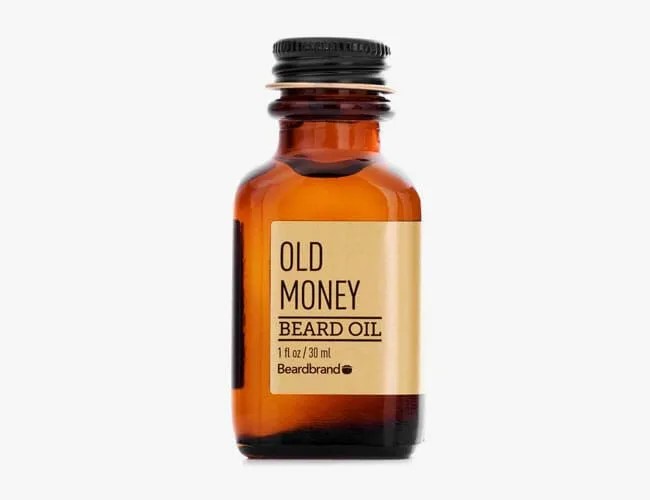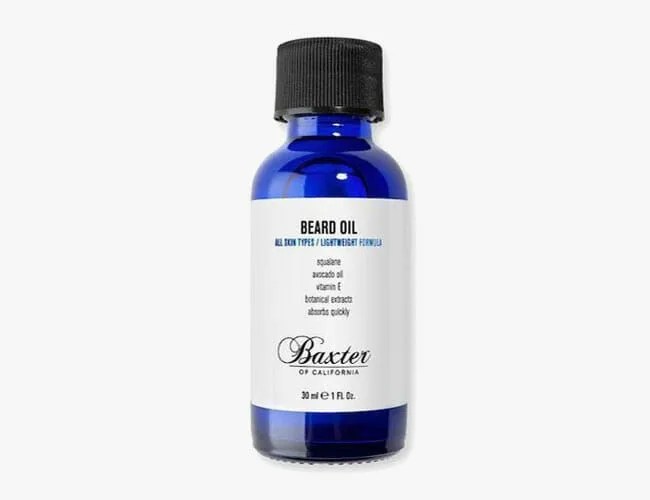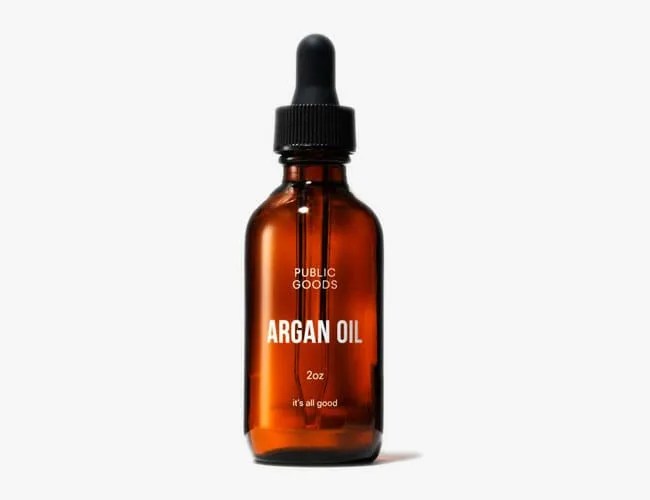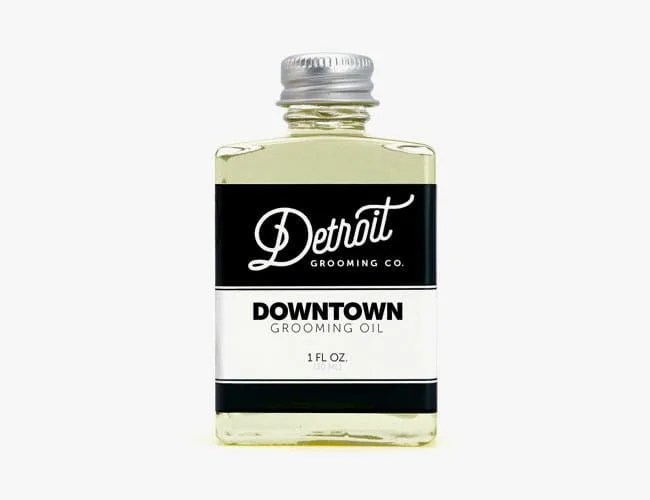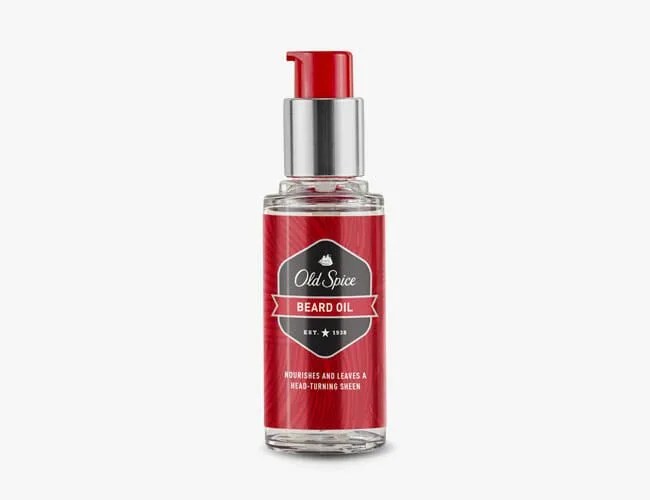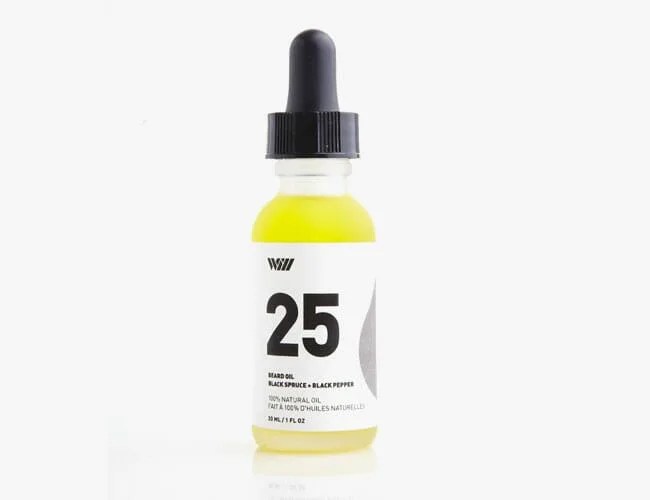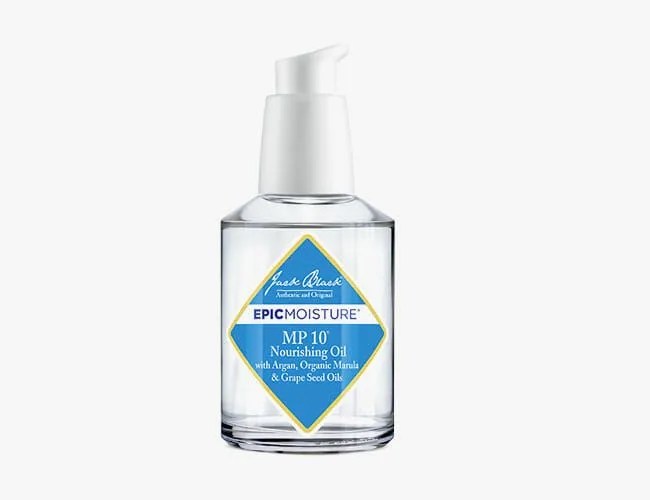In the past decade, the number of beard-care brands has skyrocketed. A simple search on Amazon or Google brings up hundreds, if not thousands of small-batch labels. While this is a good sign for bearded men and the people who love them, it’s also a little scary since many of these products aren’t properly tested, nor held to the same standards as the more-recognized brands.
That’s no jab at the little guy, but it is a red flag for the buyer of beard oils. You’ve got to be sharp, and know what to look for while shopping for a blend that suits your whiskers. Sure, you want to discern between heavier recipes that help style the beard, or lightweight ones that simply soften and add shine. But what about the ingredients in those oil blends? How have they been formulated to specifically address the various concerns you have as you grow out your beard? (Things like beard itch, dandruff, unruly strays, split ends, and so forth.)
To help educate us all, I spoke to Eric Bandholz, the founder of Beardbrand, one of my favorite beard-care brands (imagine, with a name like that). You might recognize Bandholz from his company’s YouTube tutorials, with their 1 million plus subscribers. His glorious red beard is instantly recognizable, and it’s practically the mascot for Beardbrand’s own excellent products. Here are Bandholz’s hot takes on a few of the most pressing beard-oil questions, followed by some important terminology, and the products that we at Gear Patrol love best.
The Expert
What exactly does a beard oil do?
“A quality beard oil will soften up your beard, moisturize your skin, protect against split ends, minimize beard dandruff, and (if you want it) help your beard smell amazing,” Bandholz says.
Why should guys use a beard oil on their facial hair, and not their everyday moisturizer?
“Beard oil is great because it’s designed not just for the beard, but also the skin beneath the beard,” he says. “A lot of creams and lotions are designed specifically for your face or skin but not also the beard.”
There are so many beard oil sellers online. If a guy finds a product but it’s not from a reputable brand, how does he know if it’s any good?
“The smaller the company, the more due diligence I’d recommend you do to research the product,” Bandholz advises. “Many DIY-type companies will be using essential oils, which a great, but if they use them in too high of concentration, it can be dangerous to your skin. Other concerns I’d have with smaller companies is their manufacturing process and their ability to keep bio-mass (raw ingredient particles) out of their products. Again, just do your due diligence and understand the ingredients they are using, as well as the percentages, and why. Don’t simply trust the reviews. There are many great smaller companies out there with wonderful products. Your best bet is to read reviews from multiple independent sources and find brands that seem to be listed over and over again.”

